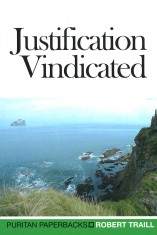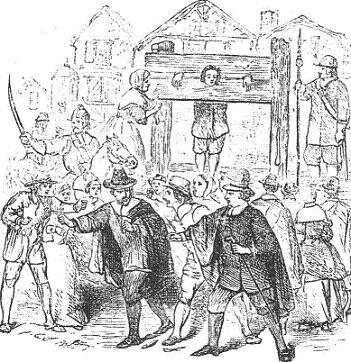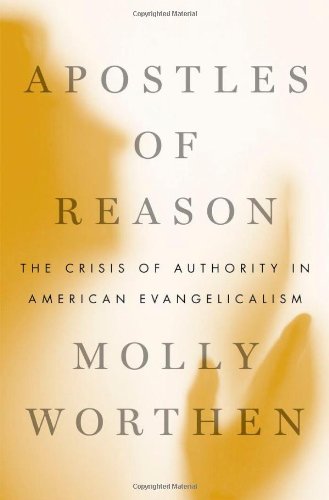Joseph Hussey (1660-1726) was born in Fordingbridge, Hampshire. He attended the Newington Green Dissenting Academy founded by Cornishman Charles Morton (1627-1698). God met Hussey when he was reading Charock's Existence and Attributes of God.
In 1688 he was ordained as a presbyterian and became pastor of a congregation at Hitchin. In 1661 he moved to pastor a congregation in Cambridge which became congregationalist. In 1719 he moved to a pastorate in Petticoat Lane, London.
He wrote two books in particular that were influential in the formation of hyper-Calvinism: The Glory of Christ Unveil'd or the Excellency of Christ Vindicated (1706) and God's Operations of Grace but No Offers of His Grace (1707). In the Glory of Christ he advocated that Jesus' human nature existed in heaven. In God's Operations he rejected the notion that the gospel was an 'offer'. Conversion is a gift of grace and involves the inner working of the Holy Spirit, this is not something that can be offered. There is a need to preach the gospel, but it is God who converts.
He was a supralapsarianism. He was influenced by the congregationalist Thomas Goodwin (1600-1680) and influenced John Skepp (1675-1721), Samuel Stockwell (1704-1753) and Lewis Wayman.
Peter Toon devotes a chapter to Hussey and Skepp's theology in his The Emergence of Hyper-Calvinism (Quinta Press, Weston Rhyn, 2003). In it he provides the following outline for Hussey's life and ministry:
1. 1660–1694: Years of Preparation.
2. 1694–1705: Years of Reading.
3. 1706–1707: The Birth of Hyper- Calvinism:
(a) Supralapsarianism;
(b) God-Man Christology;
(c) Irresistible Grace;
(d) Criticism;
(e) Influence of Hussey’s theology.














